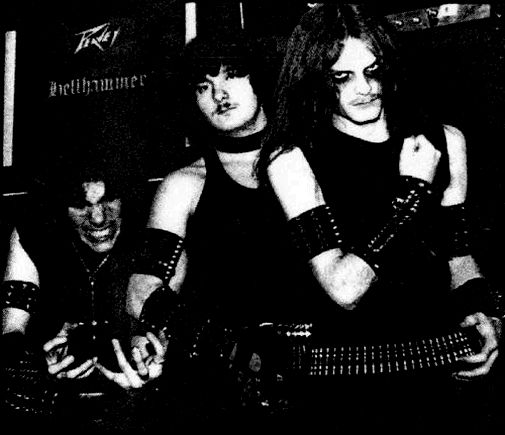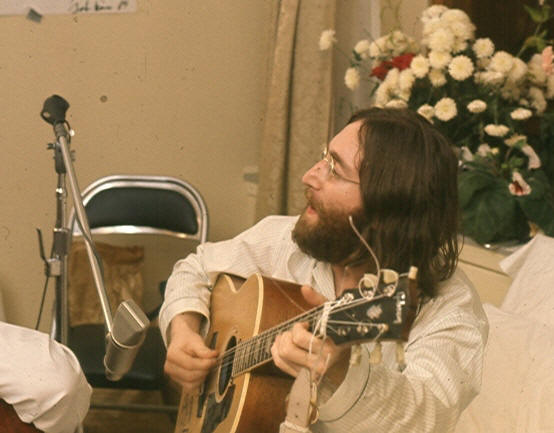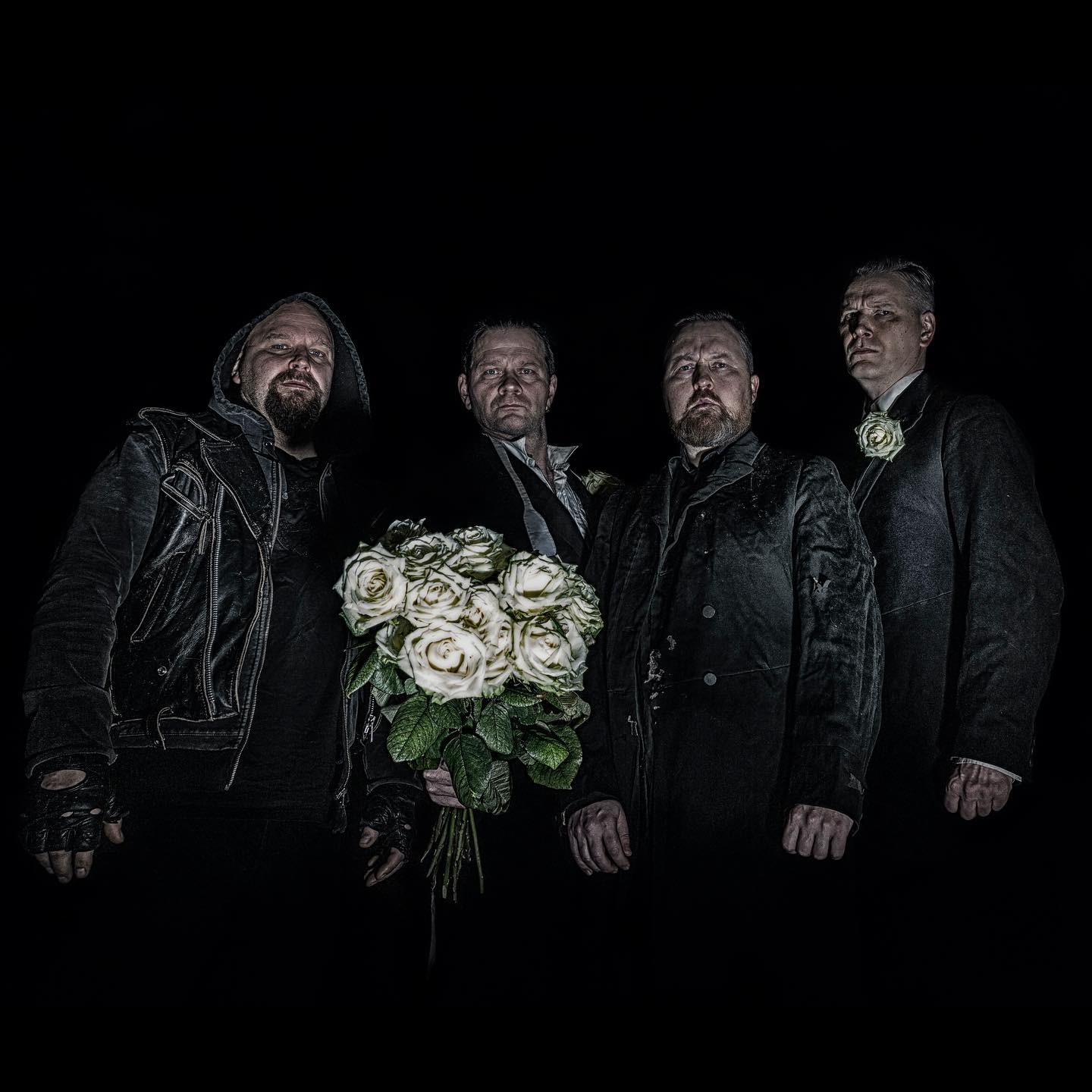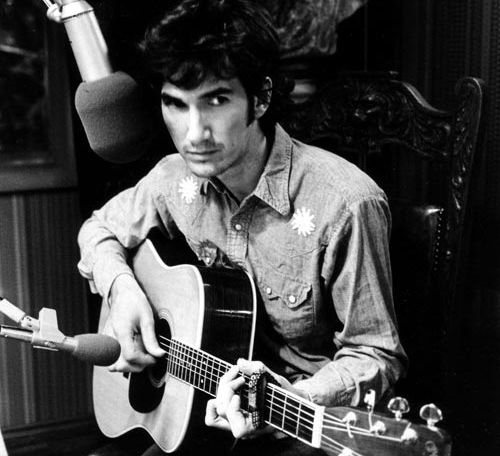Legendary amongst the newer breed of metalhead (those that first worship Opeth, Katatonia, Agalloch, Enslaved, and the like before delving deeper), this was appropriately one of my first favorite metal records. However, despite my initial love for it,
Brave Murder Day has become an enjoyable yet somewhat frustrating listen recently. On the surface, this album seems to be just another "sad" death/doom album, but with further analysis of the various musical elements, it reveals a myriad of musical influences; therefore, for this specific review, I'll be analyzing each individual song in turn.
While most Katatonia fans separate their discography into two or three distinct eras, specifically partitioning off
Brave Murder Day with its more accomplished predecessor
Dance of December Souls as simply the "metal" era, this album is quite distinct from its predecessor and actually hints quite a lot at their later material. Oddly enough, while this is technically extreme metal due to the presence of Mikael Akerfeldt's death vox and some double bass drumwork, most of the influences from traditional extreme metal are gone on this album. It is a massive departure from the masterpieces from the forefathers of death/doom like Winter and Paradise Lost or the more melancholic My Dying Bride or the debut of Katatonia themselves. Anywho, without further ado...
The album opens with "Brave", which retains heavyness and thus masquerades as extreme metal in the eyes of most fans, but the riffing style throughout is more reminiscent of the shoegaze-influenced and droning depressive rock the band would become known for on their next two releases. All the elements are there: the strummed distorted power chords, the trebly melancholic leads, a more rock-like production quality, and the rise of clean electric sections favored over acoustic guitars. Anyways, despite my opinions on the song differing vastly from that of most fans, strictly qualitatively speaking, I still think it's wonderful. The main riff is catchy yet powerful, and the leads are as sorrowful as they need to be; however, I do think the droning mid-section with all the guitar feedback could be trimmed a bit and that the song might be better as an 8-minute track.
Next comes "Murder" which is a little less well-written in terms of flow and the connection between segments. The droning intro/outro riff really has little relevance to the middle of the song, despite its infectious quality. While the song-writing is odd (it's as if Katatonia wrote a 2-3 minute song then bookended it with this riff), one element I really enjoy about "Murder" is that it's the one song on the album that really embraces its extreme metal roots in the doomy riffwork. Also, Anders Nystrom's ability to use the tapping technique with his guitar in a way that is actually melancholy and not acting as self-indulgent shredding is something I appreciate.
I don't have much to say about "Day". The song is effective at achieving its goal, embracing Katatonia's chief non-metal influences of post-punk and dream pop while simultaneously serving as a break in the album's emotional intensity. There is but one major flaw: The Cure did it much better.
The album returns to it's distorted form in "Rainroom", which is a bit of a frustrating song for me. The intro/outro riff is uninspired and a real bore, and the generic vocal patterns overlaying said riff don't help. The rest of the song, however, is fantastic, with a more melodic, somewhat doomy riff following. The highlight of the song soon follows with a clean toned progression of minor triads that sounds purely tranquil with a hint of sorrow; Nystrom and Renkse then develop on this progression by overlaying a typical droning riff and some truly ethereal vocals. A modern comparison of this section would be Alcest. After a few bars, the song then returns to the album's normal form with an interesting, almost sinister lead that hooks you in before letting you down with that subpar outro riff.
The next song, "12", is equally frustrating, but this time for different reasons. In a lot of ways this song is very similar to Opeth's "Advent" or "Nectar"; and my frustrations for all three songs are similar. Firstly, it is notable that these songs have absolutely stunning dual guitar melodies. In fact, the harmony sections in "12" are possibly my favorite parts of
Brave Murder Day. Despite my often negative view of this song, I simply cannot praise those harmonies enough; it's moments like these that make Katatonia one of my favorite bands still to this day. On the other hand, "12" shares all the weaknesses of the aforementioned Opeth songs, and, possibly because of my Opeth fandom, I find "12"'s weaknesses even more debilitating than those of those songs. For one thing, the songwriting here is
dreadful, with the abrupt power chord transition to the outro melody being one of the worst transitions I've ever heard in music. And, for another, some of the riffs, like the first clean section and the chugging section, simply aren't very good, being almost as mediocre as that riff from "Rainroom".
Lastly comes "Endtime", most likely my favorite track from the album, if only for the fact that I have no complaints about it. Its clean sections emanate a celestial atmosphere only seen elsewhere in the brief clean portion of "Rainroom". Both its metal melodies are more interesting than the minimalist and depressing melodies from "Brave". I also enjoy how the first heavy riff is played again in reprise but with a different tempo. Lastly, although Akerfeldt's vocal performance is inferior to the more passionate performance of Renkse on the previous album, Mikael's performance on this specific song is certainly his best on the album.
Special Note: If "Nowhere" from the Sounds of Decay EP and thus the bonus track listing was included on the original album, it would be the best on the album.
Special Note #2: An unfortunate thing about this album is that it has a sort of Pantera effect. By that, I mean that it spawned a whole movement of uninspired bands, namely Rapture, Swallow the Sun, and such.
TL;DR, flawed yet fantastic.
























